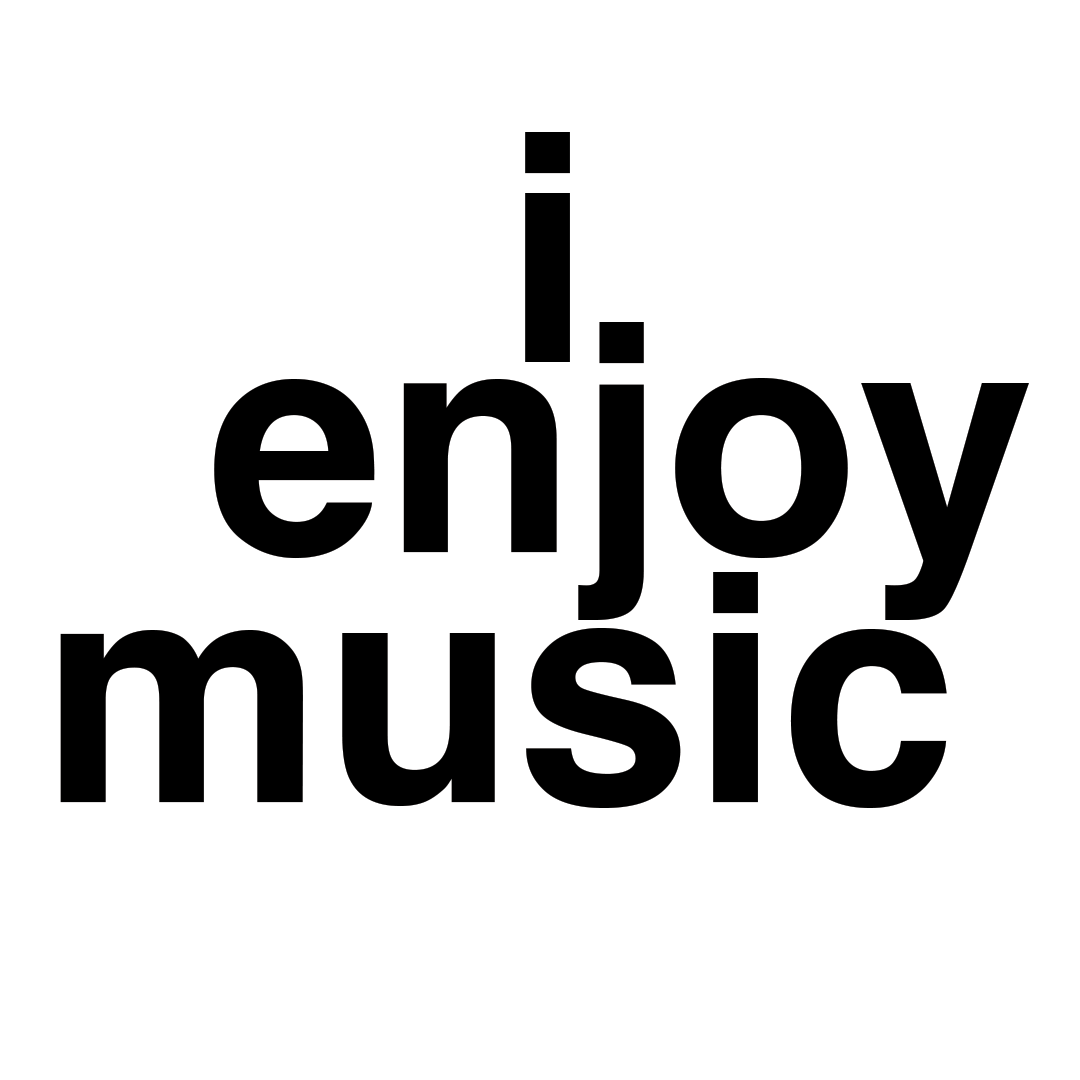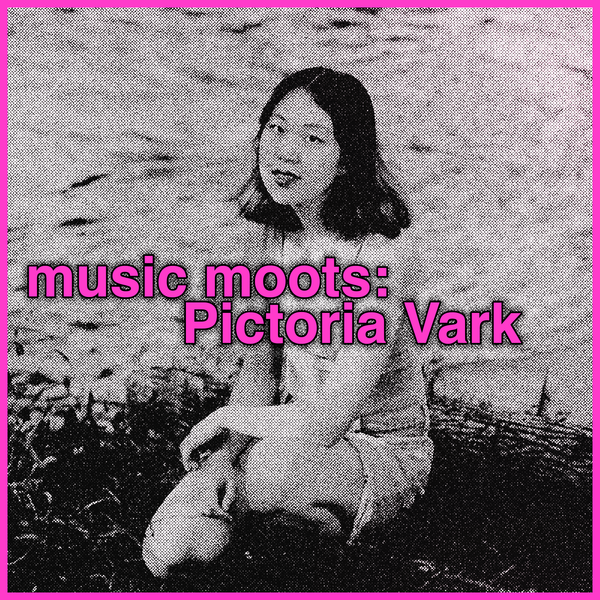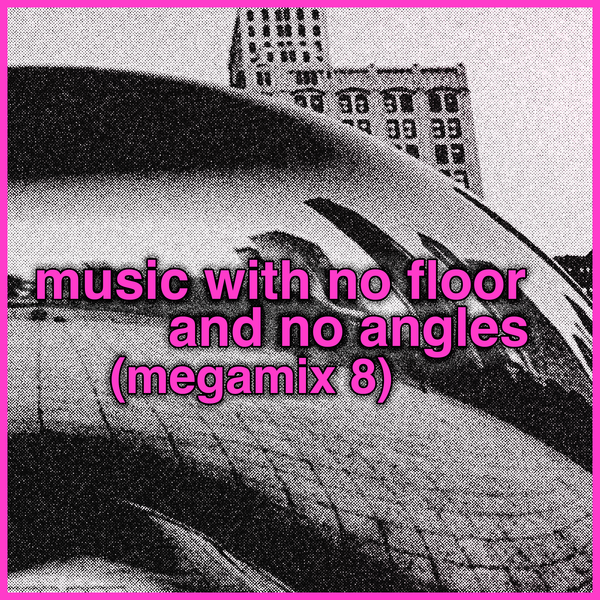wikipedia surfing: Električni Orgazam, 'Braćo i sestre'
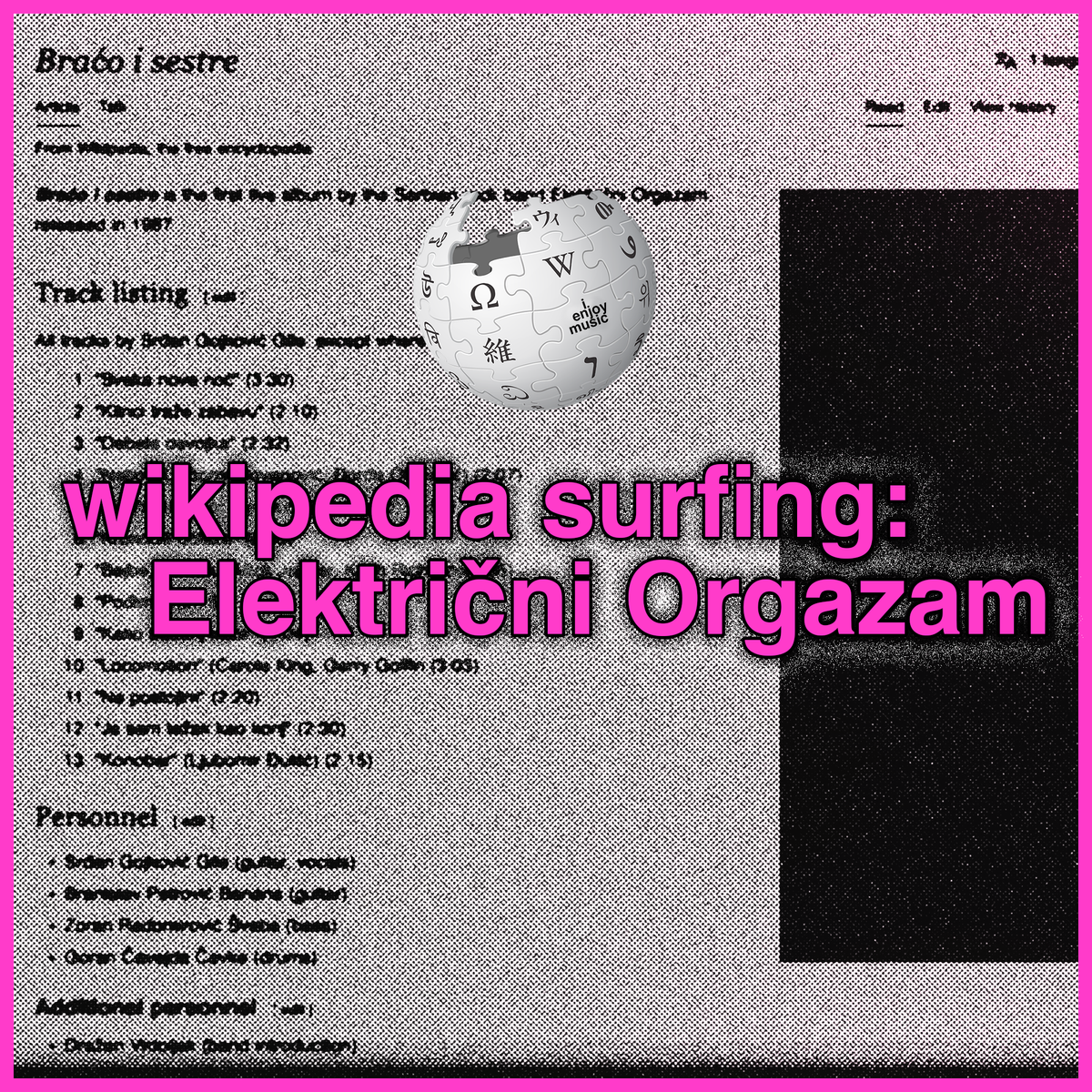
We're back with another day of Wikipedia surfing with Harmony Woods—aka pasting "Special:Random" in the Wikipedia search bar (when I just typed that, the Ghost blogging interface tried to correct it to a dice emoji, which was nice 🎲) and clicking until you see a music-related page, then exploring that music. Last time we got into some Los Lobos, now we're going to a different part of the globe...let's go...

This is the second entry in this column - in summary the idea is to find music through the random article feature on Wikipedia and to write about it. This method of discovery has led me to interesting places in the musical world that I’ve enjoyed visiting.
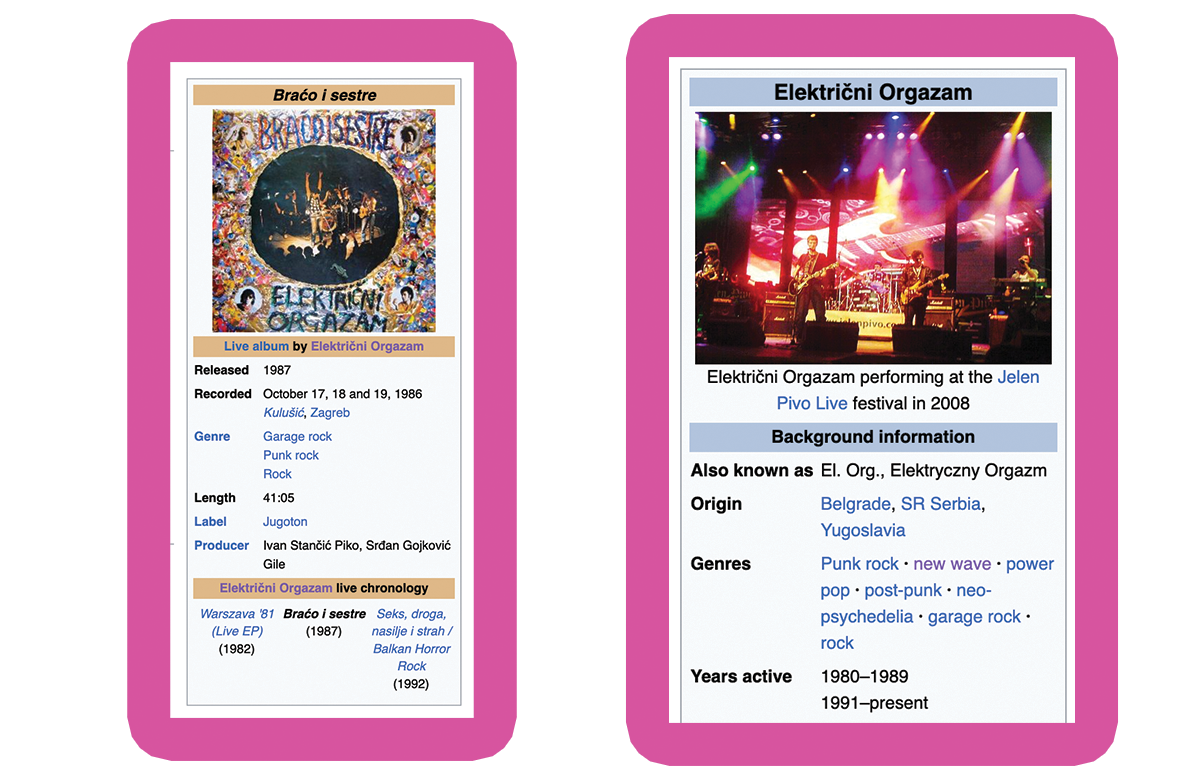
For this column, the first music-related article I came upon was on the album Braćo i sestre by the Serbian rock band Električni Orgazam.

This album is a live album, and it certainly sounds like it—there’s the typical crowd noise and chatter that you would expect. I personally found it relatively hard to get into—the music in general sounds fairly good, with catchy melodies and good performances from every member (in particular, the guitar work felt excellent). The album still was an enjoyable experience but it felt like this album felt different and lacking in some of the appeal that other live albums have had for me in the past.
To be quite honest, I thought I wouldn’t have much of anything to say, but then I began to try to understand more why this didn’t hit the same as other live albums I loved, such as Passenger’s live album from San Francisco. That album is one of my favorite albums from one of my favorite artists and I like it a lot, and it seems worthwhile to give some context for the comparisons with Braćo i sestre. I’ve listened to Passenger for about four years after a song recommendation from someone I used to know got me interested. When the live album came out, I listened to it and really liked it, and thinking about why Braćo i sestre didn’t connect in the same way led me to two main conclusions.
I think the main root cause is the language barrier—the band’s banter is entirely in (presumably) Serbian, as are most of their lyrics. Most of the live albums I’ve experienced before are in English (including the example I mentioned). On the banter side, the playful storytelling or candid admissions you often hear during live albums are lacking, and I think that is an integral part of the experience of a live album. For instance, before the performance of the song "Survivors," Passenger cracks a joke about how long this concert was postponed, and after finishing the song tells an amusing anecdote about a gig he did to prepare himself for coming back to touring that went sideways.
Another example is after his performance of "Table for One" he has a candid discussion about his experience with the lockdown induced by Covid. These bits of banter by the artist is really the main reason I love that live album as much as I do. This sort of banter seems to also be present to a degree in Braćo i sestre, just obscured by the language barrier.
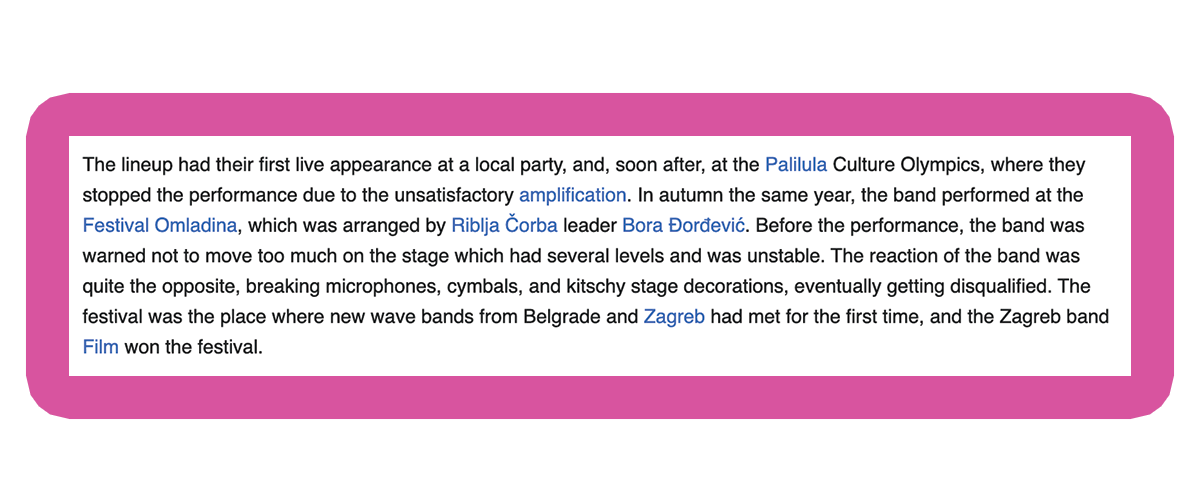
Another core cause is that this is the first album of Električni Orgazam I’ve heard. Differing musical features from the original version of the songs often enhances the listening experience considerably. Often songs will become outdated or make cultural references that, while they may still make sense, could be replaced with something more novel. Alternatively, artists sometimes perform a song in a different way (essentially doing a cover of their own song), giving a novel perspective. This rewards dedicated fans, and I know that at least personally, I get very excited when something like this is present. I can’t speak to if this has happened in some large-scale way in Braćo i sestre or not, but I would imagine intentionally or not some change has occurred.
In conclusion, this album is a pretty good album that I unfortunately am unable to appreciate to its fullness. The language barrier and unfamiliarity with the band makes it impossible for me to experience the album how it is probably best experienced.
Harmony Woods (she/her) is a transgender mathematics graduate student currently living in Arizona. She adores listening to pop punk and emo music, among a wide array of other musical interests. Her favorite artists are rock group Waterparks and electronic music artist nanobii. When she’s not focusing on coursework, you can usually find her playing Magic the Gathering or playing around with data.
Thanks for reading I Enjoy Music! If you like it, tell a friend.
